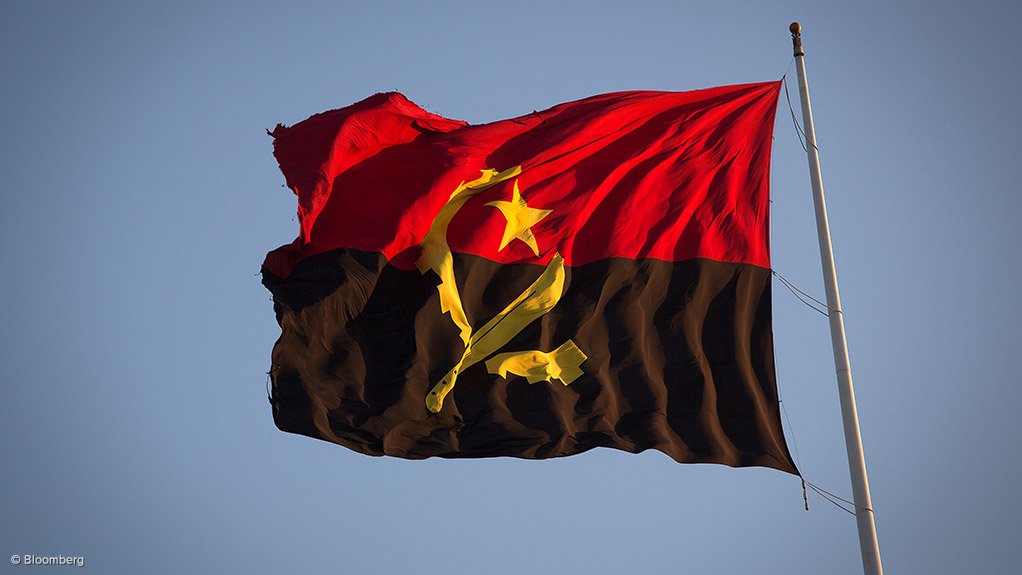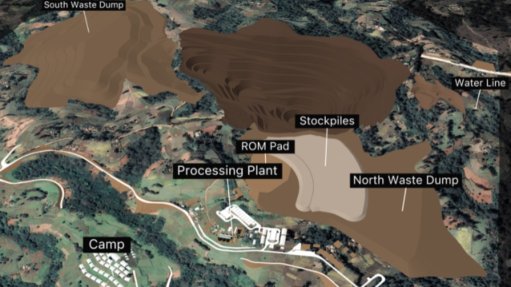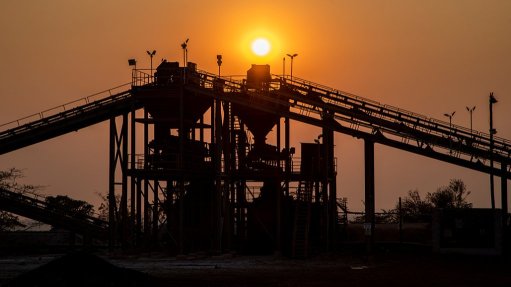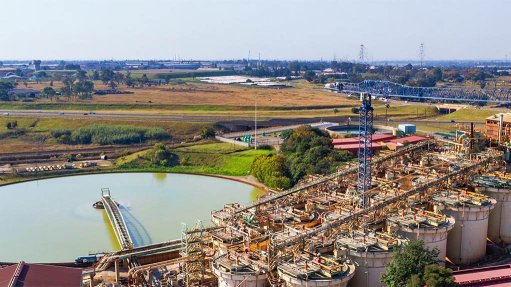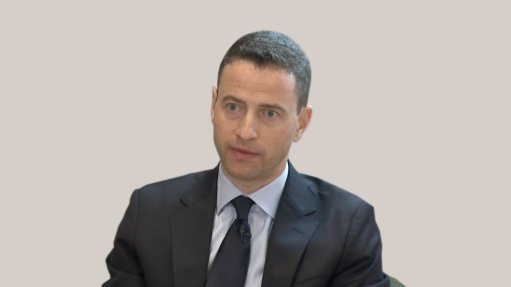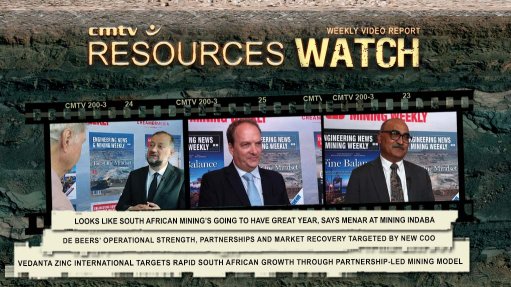Pensana lauds Angola’s performance in this year’s Fraser Institute rankings
London-listed Pensana commends the government of Angola for instilling attractive policies and growing interest in the country’s exploration potential.
This comes as the country recorded an improvement in its ranking to forty-seventh out of 86 countries in the yearly Investment Attractiveness Index for 2023, compared with its ranking of fifty-ninth out of 62 countries in 2022.
The Investment Attractiveness Index is a composite index produced every year by the Fraser Institute that combines the Policy Perception Index and the Best Practices Mineral Potential Index.
The Attractiveness Index is based on factors such as onerous regulations, taxation levels, the quality of infrastructure, and other investment related matters.
Angola is one of this year’s biggest movers, which Pensana CEO Tim George says is overdue recognition for its attractiveness as a mining investment destination. Angola’s National Development Plan up to 2027, which was approved last year, is said to position the country well for foreign investment and collaboration.
Pensana is developing the Longonjo rare earths project, in Angola.
Angola is now ranked more highly than Spain and Australia’s state of Victoria and continues to attract significant investment from major mining companies, such as Ivanhoe Mines, Anglo American and Rio Tinto.
In February, the US International Development Finance Corporation announced a $1.6-billion investment into projects across the Lobito Corridor in Angola, aimed at delivering high-quality infrastructure and investment into agriculture, healthcare and financial services.
Notably, Pensana’s Longonjo project is located adjacent to the Lobito rail corridor, which will provide a quick western route to market for its rare earth carbonates. The products will be railed 273 km to the Atlantic port of Lobito.
The Angolan government is keen to diversify away from diamonds and crude oil, as it has largely untapped mineral wealth. About 60% of the country is considered unexplored for metals and minerals.
Angola is believed to have mineral resources of iron-ore, rare earths, manganese, copper, gold, phosphates, granite, marble, uranium, quartz, lead, zinc, wolfram, tin, fluorite, feldspar, mica, asphalt, gypsum and talc.
Article Enquiry
Email Article
Save Article
Feedback
To advertise email advertising@creamermedia.co.za or click here
Press Office
Announcements
What's On
Subscribe to improve your user experience...
Option 1 (equivalent of R125 a month):
Receive a weekly copy of Creamer Media's Engineering News & Mining Weekly magazine
(print copy for those in South Africa and e-magazine for those outside of South Africa)
Receive daily email newsletters
Access to full search results
Access archive of magazine back copies
Access to Projects in Progress
Access to ONE Research Report of your choice in PDF format
Option 2 (equivalent of R375 a month):
All benefits from Option 1
PLUS
Access to Creamer Media's Research Channel Africa for ALL Research Reports, in PDF format, on various industrial and mining sectors
including Electricity; Water; Energy Transition; Hydrogen; Roads, Rail and Ports; Coal; Gold; Platinum; Battery Metals; etc.
Already a subscriber?
Forgotten your password?
Receive weekly copy of Creamer Media's Engineering News & Mining Weekly magazine (print copy for those in South Africa and e-magazine for those outside of South Africa)
➕
Recieve daily email newsletters
➕
Access to full search results
➕
Access archive of magazine back copies
➕
Access to Projects in Progress
➕
Access to ONE Research Report of your choice in PDF format
RESEARCH CHANNEL AFRICA
R4500 (equivalent of R375 a month)
SUBSCRIBEAll benefits from Option 1
➕
Access to Creamer Media's Research Channel Africa for ALL Research Reports on various industrial and mining sectors, in PDF format, including on:
Electricity
➕
Water
➕
Energy Transition
➕
Hydrogen
➕
Roads, Rail and Ports
➕
Coal
➕
Gold
➕
Platinum
➕
Battery Metals
➕
etc.
Receive all benefits from Option 1 or Option 2 delivered to numerous people at your company
➕
Multiple User names and Passwords for simultaneous log-ins
➕
Intranet integration access to all in your organisation



